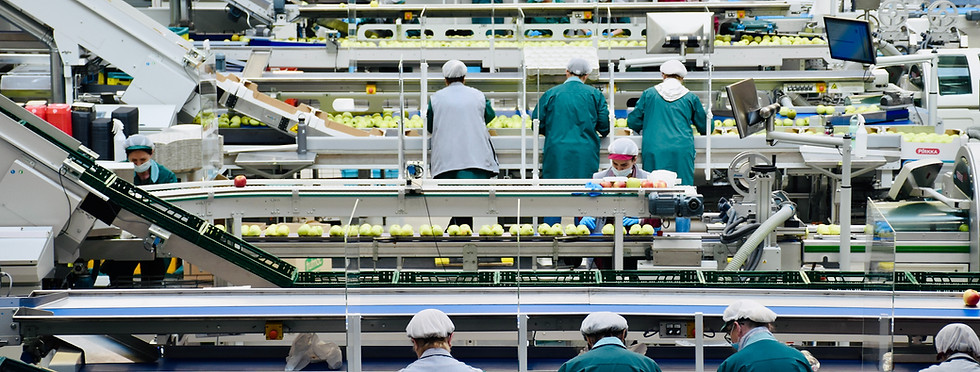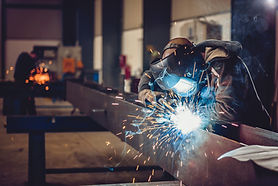
Custom Conveyor Systems
Elevate Your Efficiency with Tailor-Made Conveyor Mastery: Discover the Future of Material Handling. Our Custom Conveyor Systems Are Precision-Crafted to Match Your Every Need, Unleashing Seamless Production and Transforming Logistics. Experience the Power of Smart Solutions, Delivered Just for You!
Custom conveyor systems are specialized material handling solutions designed and built to meet specific industrial or logistical requirements. These systems are used to transport goods, products, or materials from one location to another within a facility, such as a manufacturing plant, warehouse, distribution center, or production line. The term "custom" emphasizes that these conveyor systems are tailored to the unique needs of the operation, taking into account factors like product type, size, weight, production flow, and space constraints.
Key components and features of custom conveyor systems include:
-
Conveyor Type:
-
Different types of conveyors are available, including belt conveyors, roller conveyors, chain conveyors, screw conveyors, and overhead conveyors. The choice of conveyor type depends on the specific application and product characteristics.
-
-
Configuration:
-
The layout and configuration of the conveyor system are customized to optimize material flow and operational efficiency. This includes determining the path of conveyors, their angles, and any necessary inclines or declines.
-
-
Material Handling Requirements:
-
Custom conveyor systems are designed to handle a wide range of materials, from small components and packages to heavy bulk materials. The system's capacity, speed, and load-bearing capacity are tailored to the materials being transported.
-
-
Control Systems:
-
Automation plays a significant role in modern custom conveyor systems. PLC (Programmable Logic Controller) systems are often used to control conveyor operation, allowing for precise movement, sorting, diverting, and synchronization with other equipment.
-
-
Integration with Other Equipment:
-
Custom conveyor systems are often integrated with other machinery, such as robotic systems, packaging equipment, and sorting systems, to create a seamless and efficient production or material handling process.
-
-
Safety Features:
-
Safety is a paramount concern in conveyor system design. Custom systems may include features like emergency stop buttons, safety guarding, sensors for detecting obstructions, and warning signals.
-
-
Material and Surface Selection:
-
The choice of materials for the conveyor structure and belts or rollers is made based on factors like durability, cleanliness, and resistance to wear or corrosion.
-
-
Modularity and Scalability:
-
Custom conveyor systems are often designed to be modular and scalable. This means that they can be easily expanded or reconfigured to accommodate changes in production needs.
-
-
Maintenance Considerations:
-
Custom designs may incorporate features that make maintenance tasks, such as belt replacement or roller cleaning, more accessible and convenient.
-
Applications of custom conveyor systems span various industries and sectors, including manufacturing, distribution, food processing, automotive, aerospace, and e-commerce. These systems play a vital role in streamlining production, reducing labor costs, enhancing product quality, and optimizing material flow within a facility. The flexibility of custom designs allows businesses to address unique challenges and improve overall operational efficiency.



![[Original size] 2018 (1).png](https://static.wixstatic.com/media/ab7d8f_198b2590ecc341c3bbf2b2625303f777~mv2.png/v1/fill/w_253,h_103,al_c,q_85,usm_0.66_1.00_0.01,enc_avif,quality_auto/%5BOriginal%20size%5D%202018%20(1).png)